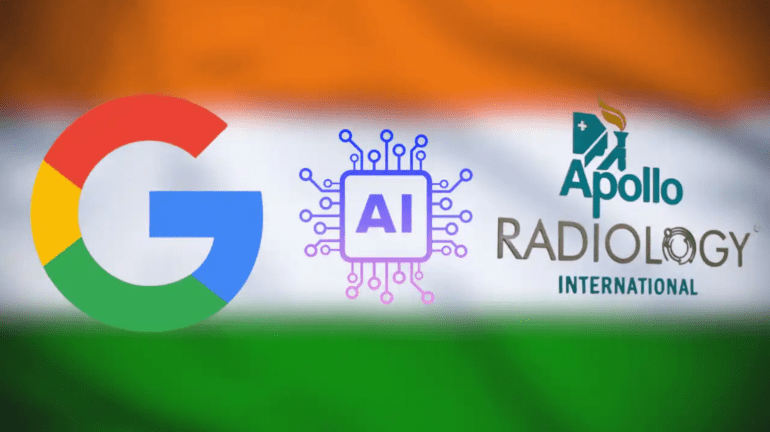- Google partners with Apollo Radiology International in India to utilize AI for early disease detection.
- AI systems were developed to interpret chest X-ray scans for early signs of tuberculosis (TB), addressing the shortage of trained radiologists.
- AI aids in the detection of lung cancer and breast cancer, facilitating timely intervention and improving patient outcomes.
- Apollo Radiology International plans to provide 3 million free AI-powered screenings for TB, lung cancer, and breast cancer over the next decade.
- Google.org supports initiatives like mMitra, leveraging AI for maternal and child healthcare in India, reaching over 315,000 women.
Main AI News:
In a groundbreaking move towards enhancing healthcare accessibility and early disease detection, Google has announced a significant collaboration with Apollo Radiology International in India. Through the power of Artificial Intelligence (AI), this partnership aims to address critical gaps in healthcare infrastructure, particularly in the detection of high-mortality diseases such as tuberculosis (TB), lung cancer, and breast cancer.
TB, a disease claiming more than 1.3 million lives annually worldwide, is particularly rampant in South Asia and Sub-Saharan Africa. Despite being treatable, delays in diagnosis often result in fatal outcomes. The shortage of trained radiologists exacerbates this issue, hindering the timely interpretation of crucial chest X-ray scans. To bridge this gap, Google has developed an AI system capable of interpreting chest X-ray scans to identify early signs of TB, potentially saving countless lives by enabling prompt treatment initiation.
Similarly, lung cancer and breast cancer demand specialized screening and expertise for accurate diagnosis. In India, where these diseases pose significant health burdens, there’s a lack of nationalized screening programs and trained radiologists. Google’s AI-powered solutions offer a ray of hope by making screening more accessible and aiding radiologists in identifying incidental nodules, thus facilitating early intervention and improving patient outcomes.
The impact of this collaboration extends far beyond technological innovation. Over the next decade, Apollo Radiology International plans to provide 3 million free AI-powered screenings for TB, lung cancer, and breast cancer, thereby expanding access to timely care for hundreds of thousands of individuals across India. Moreover, Google’s commitment to supporting healthcare initiatives doesn’t end here.
Through Google.org, the tech giant also supports organizations like ARMMAN in their efforts to tackle maternal and child mortality in India. mMitra, a free mobile service developed by ARMMAN, leverages Google’s AI-powered predictions to deliver targeted preventive care messages to new and expectant mothers. This innovative approach has already reached over 315,000 women, demonstrating the profound impact of AI in improving healthcare delivery and outcomes.
As we look ahead, the potential of AI in revolutionizing disease detection and healthcare delivery remains immense. Google’s collaborative efforts with Apollo Radiology International and other organizations underscore the company’s commitment to leveraging technology for social good. By harnessing the power of AI, we can empower healthcare providers, enhance access to quality care, and ultimately, save lives, paving the way for a healthier and more equitable future for all.
Conclusion:
Google’s collaboration with Apollo Radiology International marks a significant step forward in leveraging AI to address critical healthcare challenges in India. By democratizing access to early disease detection and supporting maternal and child health initiatives, Google is not only advancing healthcare outcomes but also shaping the future of the healthcare market in India, where technological innovation and equitable access to care are increasingly prioritized.

